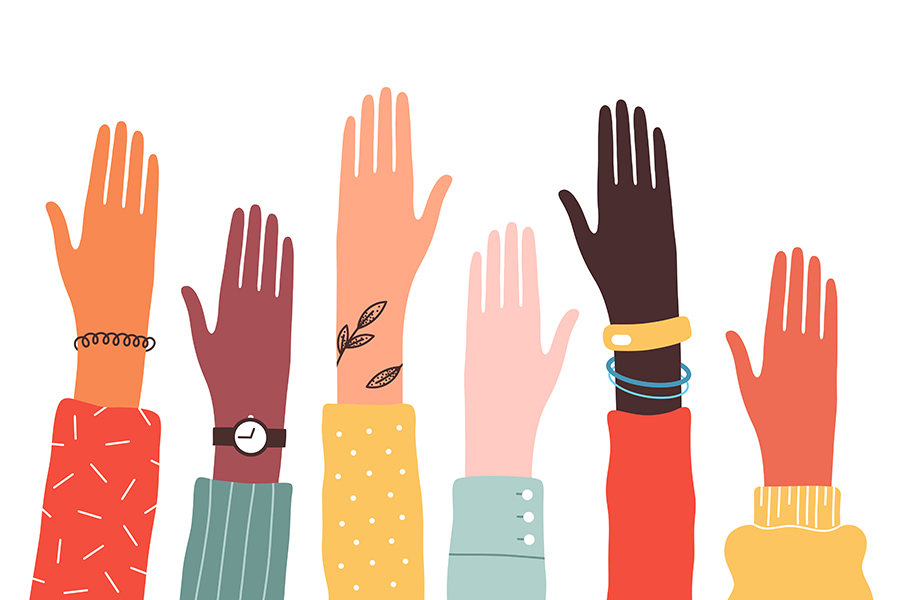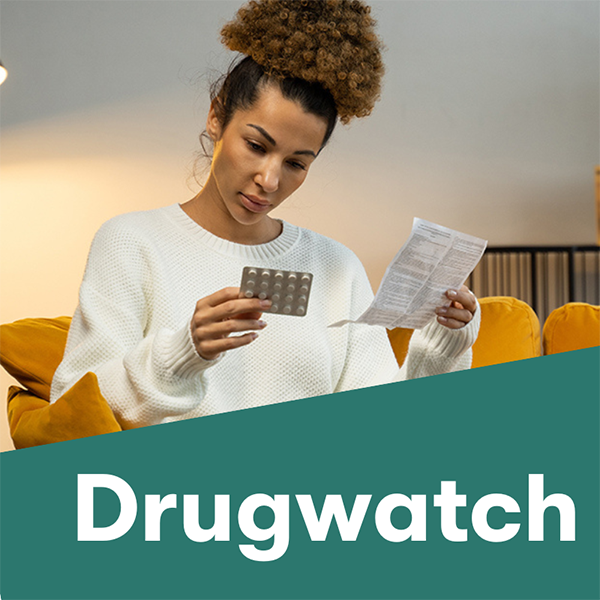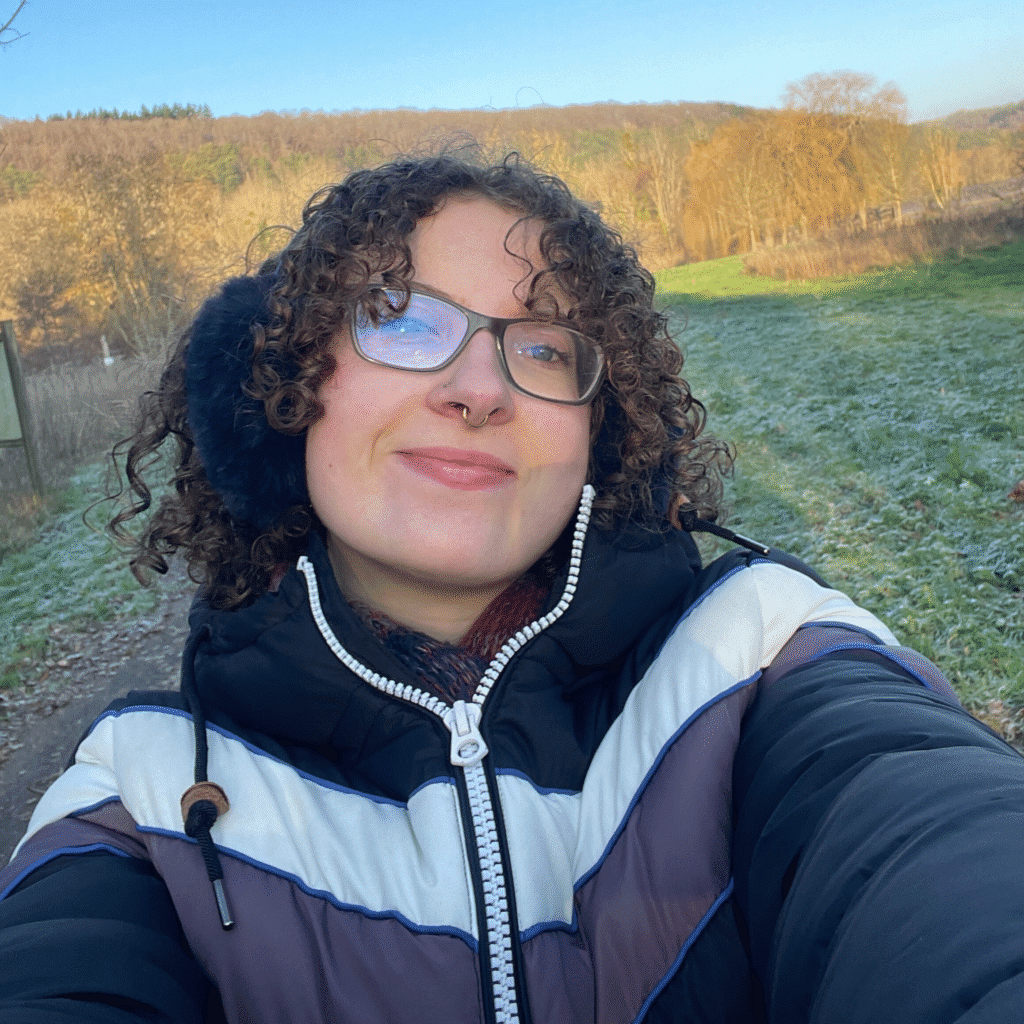 More than half of people (54%) surveyed by Epilepsy Action said they had missed out on social events because they feared having a seizure, with music festivals one of the events people with epilepsy have missed out on the most.
More than half of people (54%) surveyed by Epilepsy Action said they had missed out on social events because they feared having a seizure, with music festivals one of the events people with epilepsy have missed out on the most.
Nine in 10 people with epilepsy also believed that public spaces did not do enough to help or make people aware of what they should do if someone had a seizure.
So, what can people with epilepsy do to feel safer at music festivals? And what can festival organisers do to make their events safer for people with epilepsy?
If you have epilepsy…
- Download one of our free epilepsy ID cards here. These include individual seizure first aid information and can be downloaded or printed via our print this page option. Other medical ID options are available.
- If you have photosensitive epilepsy, think about your triggers and what you could do to avoid these to reduce the risk of having a seizure.
- Talk to your doctor or epilepsy specialist nurse about your plans and get specific advice if you need it.
- Avoid seizure triggers (including getting enough sleep and taking medicine as prescribed).
- Plan ahead: take enough medicine and think about medicine storage.
- Travel with someone else. If possible, try to travel with someone who knows about your epilepsy and what to do if you have a seizure.
- If you drink alcohol, drink safely and know the risks. To find out more go to: epilepsy.org.uk/living/daily-life/information-on-alcohol-and-epilepsy
You are going to a music festival and want to know how to support someone with epilepsy…
- Know your first aid for tonic-clonic seizures. Our CARE video tells you what to do and how to do it here: When someone has a seizure, CARE – Epilepsy Action
- If you are traveling or staying with someone who has epilepsy, ask them if they need any support and what they want you to do if they have a seizure. Everyone’s epilepsy is different and it’s important to talk.
- Call 999 or seek medical assistance if the person has a seizure lasting longer than five minutes, has one seizure after another without regaining consciousness, has trouble breathing after the seizure stops or is seriously injured.
If you are a music festival organiser…
- Consider if you need flashing lights or strobe lights. And, if they will be needed, let audience members know what risks there may be before they arrive. For more information about photosensitive epilepsy go to: epilepsy.org.uk/info/seizure-triggers/photosensitive-epilepsy
- Provide safe spaces away from crowds, loud noises and lights.
- Educate your staff about Epilepsy first aid: epilepsy.org.uk/info/first-aid
- Consider committing to the Live Events Access Charter, which tells potential audience members that you have considered disability when putting together the event. Find out more here: Live Events Access Charter – Attitude is Everything
For more information go to: epilepsy.org.uk/when-someone-has-a-seizure-care
More articles



Epilepsy info for young people
The Epilepsy Space is a resource for 16 to 25 year olds to help them manage their epilepsy.




